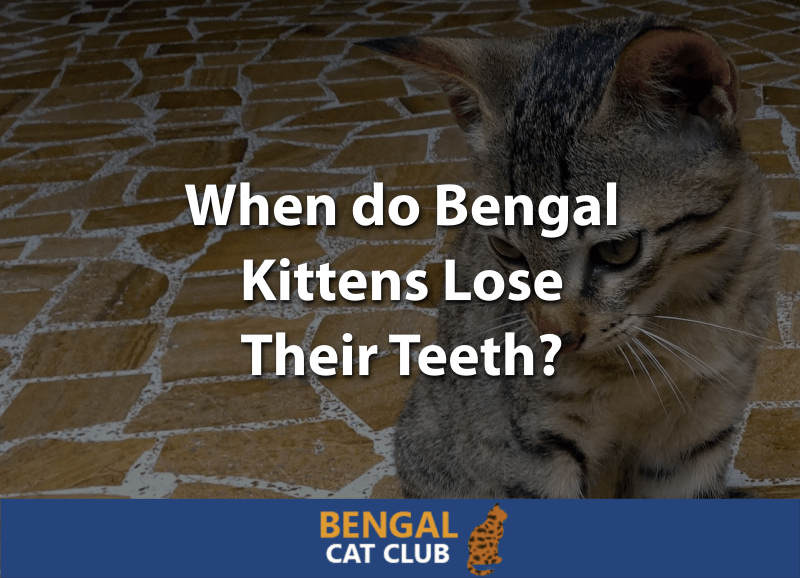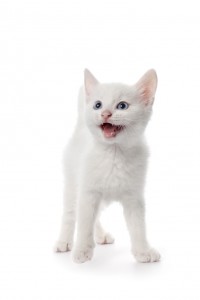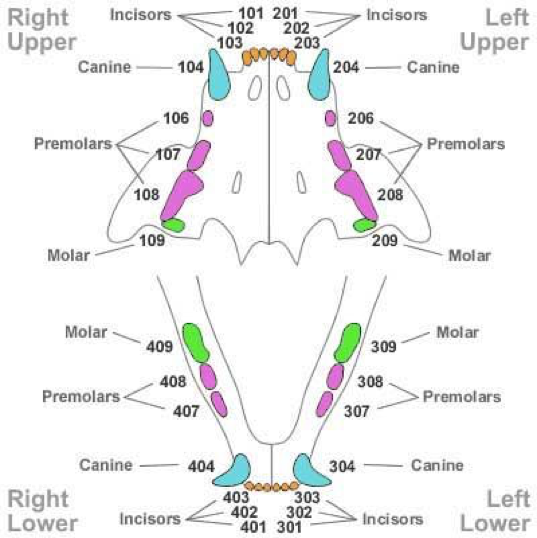Do Kittens Lose Their Back Teeth

Cats should not lose any of them.
Do kittens lose their back teeth. New permanent teeth are whiter thicker and larger than baby teeth. Although the timing varies between animals as much as it does among humans the average kitten will have lost all her baby teeth by between 6 and 9 months old. Kittens are born with no teeth and their first set of teeth called deciduous teeth appear at 2 weeks of age. Cats like humans have two sets of teeth in their lifetime.
These adult teeth are permanent. Lost teeth can also be swallowed but this is considered normal and should not cause any health issues. The incisors the small front teeth are the first to erupt at 2 4 weeks of age. Kittens start losing their baby teeth around 9 weeks of age and from that time until their adult teeth are fully grown in at 5 to 6 months you can count on lots of chewing action.
Their kitten teeth also referred to as primary milk or deciduous teeth and then their permanent or adult teeth. By four months of age all of their 26 primary teeth should. The premolars larger teeth towards the back of the mouth are the last to appear at 5 6 weeks of age for a total of 26 baby teeth. Around three weeks of age their kitten teeth will begin to erupt.
They develop when the kitten is around 4 weeks to 6 weeks old. Adult teeth usually arrive at around 8 to 10 months and teeth will stop growing once a kitten reaches adulthood. At only a few weeks of age kittens will begin to get their baby teeth which are also called milk teeth or deciduous teeth. Some of them you may not find at all.
By this time the majority of the permanent teeth should have erupted provided there are no complications. Kittens are born without visible teeth. Lost kitten teeth can appear stuck in carpets or rugs lodged into their toys near their eating area or even dangling from their gums. Kittens lose baby teeth between three and four months somewhere between three and four months old a kitten begins shedding its primary teeth as the adult teeth begin pushing through the gums behind them.



















